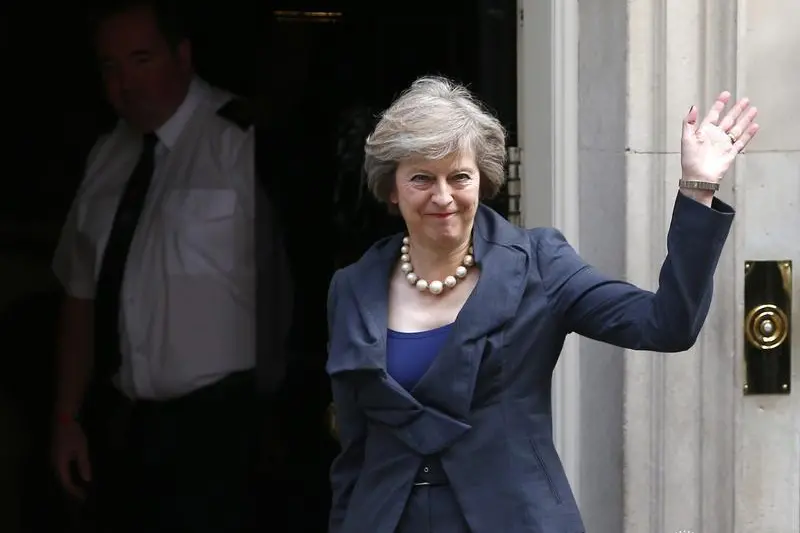PHOTO
Wednesday, Apr 19, 2017
On a bright sunny Tuesday morning in London, British Prime Minister Theresa May stepped outside 10 Downing Street and announced that she would be calling for a snap general election on June 8. May’s reasoning is that she requires a new mandate from Britons to exact the best possible deal from European Union (EU) negotiators as her nation lays the groundwork for leaving the 28-member bloc. That may be the public motive — but there is also a political one.
At present, opinion polls in the UK show her Conservative party to be at or above the 40 per cent mark in voter support. Labour, the main opposition party, led divisively by Jeremy Corbyn, has seen its political support fall to levels around 27 per cent. In the UK’s electoral system, that gap in supports represents a huge political advantage, one that potentially allows May to reinforce her nine-month-old leadership of both her Conservatives and her nation with a large parliamentary majority.
Under the UK’s Fixed Term Parliament’s Act, May needs a two-thirds majority in the House of Commons to call a new election before 2020. Former Prime Minister David Cameron led the Conservatives to an unpredicted yet comfortable majority victory in the spring of 2015, and another vote isn’t scheduled for another three years.
But the reality is that these are not normal political times in the UK. Since the events of June 23 last, when a majority of Britons narrowly voted in a referendum for the UK to leave the EU, it is a nation divided as never before, unsure of the consequences of that cataclysmic ballot, and, until late March, unsure whether May herself would be sitting down with the other 27 members of the EU and asking for a “soft” or “hard” Brexit.
In a letter to the EU on March 29 triggering Article 50 of the Lisbon Treaty, formally giving notice of Britain’s intention to leave and beginning a two-year negotiating period, May made it clear that she favours a sharp and total withdrawal from the EU’s structures and strictures.
This election, however, will now decide once and for all if that’s a version of Brexit British voters want now. The question facing everyone who casts a ballot on June 8 is whether they believe last June’s referendum gave the result they wanted, and how to move forward from here. The reality though is that there are too few now to make a soft Brexit.
Gulf News
Gulf News 2017. All rights reserved.





















